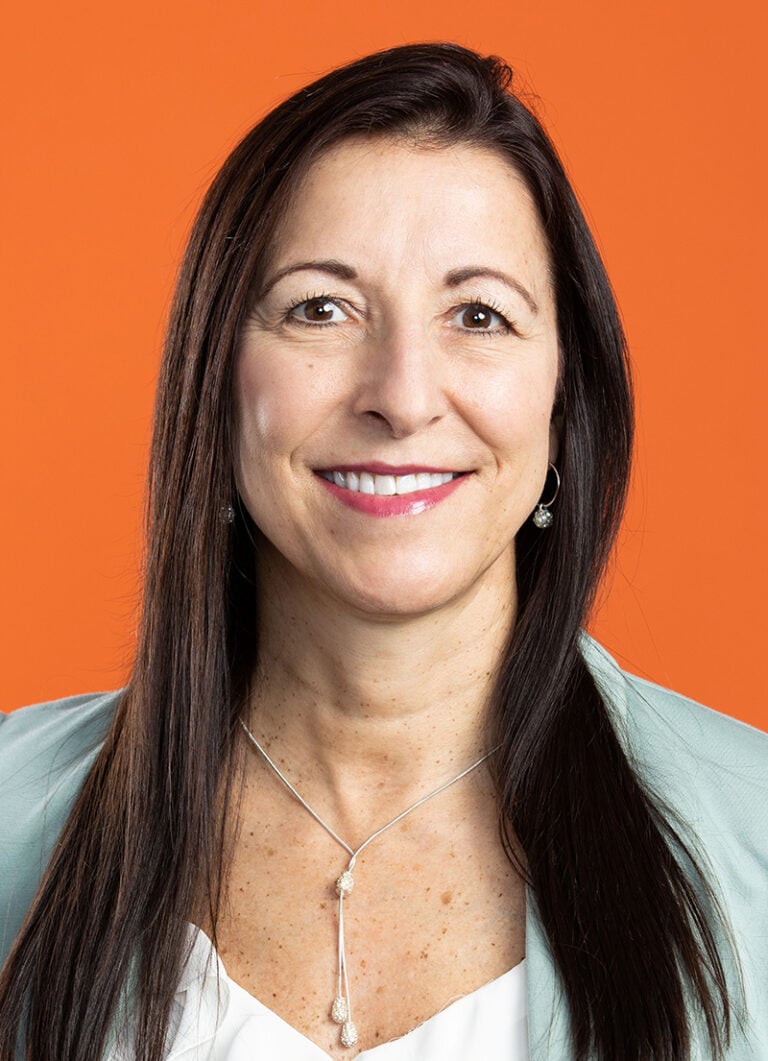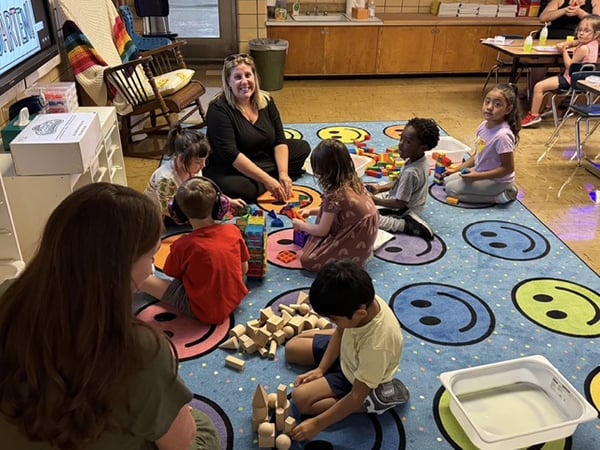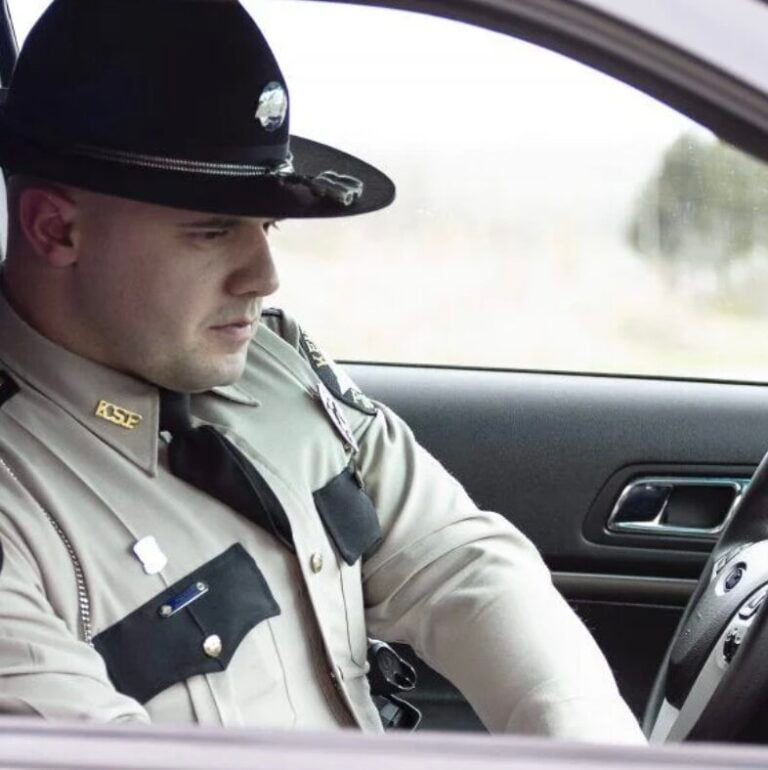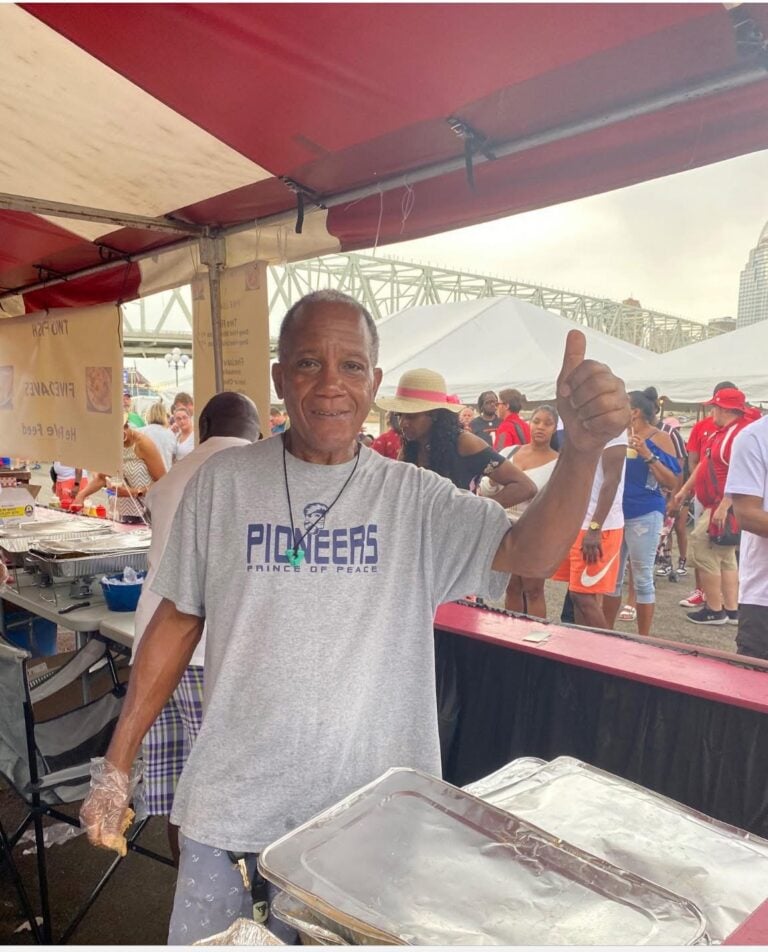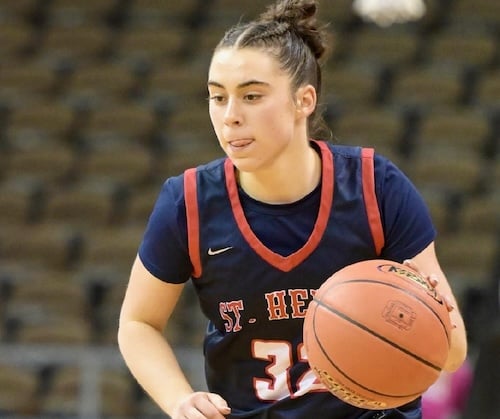“The secret to getting ahead is getting started.” Mark Twain
Being a reference on a resume and writing letters of recommendation are considered part of the job descriptions for teachers and professors. Of my thirty-three years as a professor, there were so many of those letters and I loved writing them. Each letter was a stroll down memory lane remembering the significant growth of that person through their undergraduate years and their clinical placements. Lots of first-hand knowledge was easy to incorporate into a letter.
Recently, I was asked to select the AI-written letter when two letters were presented to me. It was easy. The AI letter was correct in every way but flat. The other letter was clearly written by someone who knew that person well.

Later, I wondered if AI had a small collection of my letters of recommendation, would that technology be able to recreate a letter with my style and variety in content? Rhetorical question. Somehow, I don’t want to know — and am glad it isn’t part of my retirement life.
In remembering the task of writing such letters, I recalled that in all those years of being a reference on resumes, there were just two phone calls following up on interviews.
Only one of the calls was unforgettable.
The applicant for a teaching position was interested in a district our department had never used for placements; no student had been from that area, it was well beyond our hour travel time.
The principal began with a question about something on the resume. The applicant, an exceptional graduate of our program at Thomas More College, had listed her participation as a presenter in a state-wide conference.
“It’s most unusual to see something like that on a recent graduate’s resume,” the principal said.
I agreed with the unusual aspect but said the participation was accurate. This group of juniors had researched integrated curriculum and other aspects of Kentucky’s new standards of those early ‘90’s. Their clinical experiences were woven into the research.
As an active member of the state-wide group which annually hosted a large conference each fall, I suspected the experienced teachers attending might like to hear about ways of implementing the new standards in their classrooms.
Would the juniors consider presenting their research at a state conference? The juniors would be seniors by the fall conference and student teaching but they enjoyed thinking about an overnight away with these friends, sharing the presentation, listing their participation on their resumes. I helped them write the application for presenting at the conference. And their proposal was accepted.
“Yes,” I explained to the principal, “she was part of a group presentation in which each delivered their research to a well-attended session of experienced teachers.”
And the principal had another concern.
“She speaks so softly. I wonder about her classroom management.”
I was smiling again. As the supervisor of her clinical placements, I had seen her teaching in classrooms during four very different assignments. Our program required the four placements to include: small/medium/large schools, urban/suburban/rural schools, public/parochial schools.
Remembering her easy mastery of classroom management, it was evident she loved being with her students but also loved order and active engagement. And…she never raised her soft voice. Her facial expression or a simple word or two were all that was needed.
I was pleased the principal had phoned. He had legitimate reservations. I was delighted to provide the assurance he needed. Yes, he would be very pleased with this hire.
As AI takes over so many of our routine responsibilities, we might need to remember that some very important aspects of life need the human touch.
Judy Harris is well established in Northern Kentucky life, as a longtime elementary and university educator. A graduate of Thomas More, she began her career there in 1980 where she played a key role in teacher education and introduced students to national and international travel experiences. She has traveled and studied extensively abroad. She enjoys retirement yet stays in daily contact with university students. Reach her at judyharris1579@gmail.com







